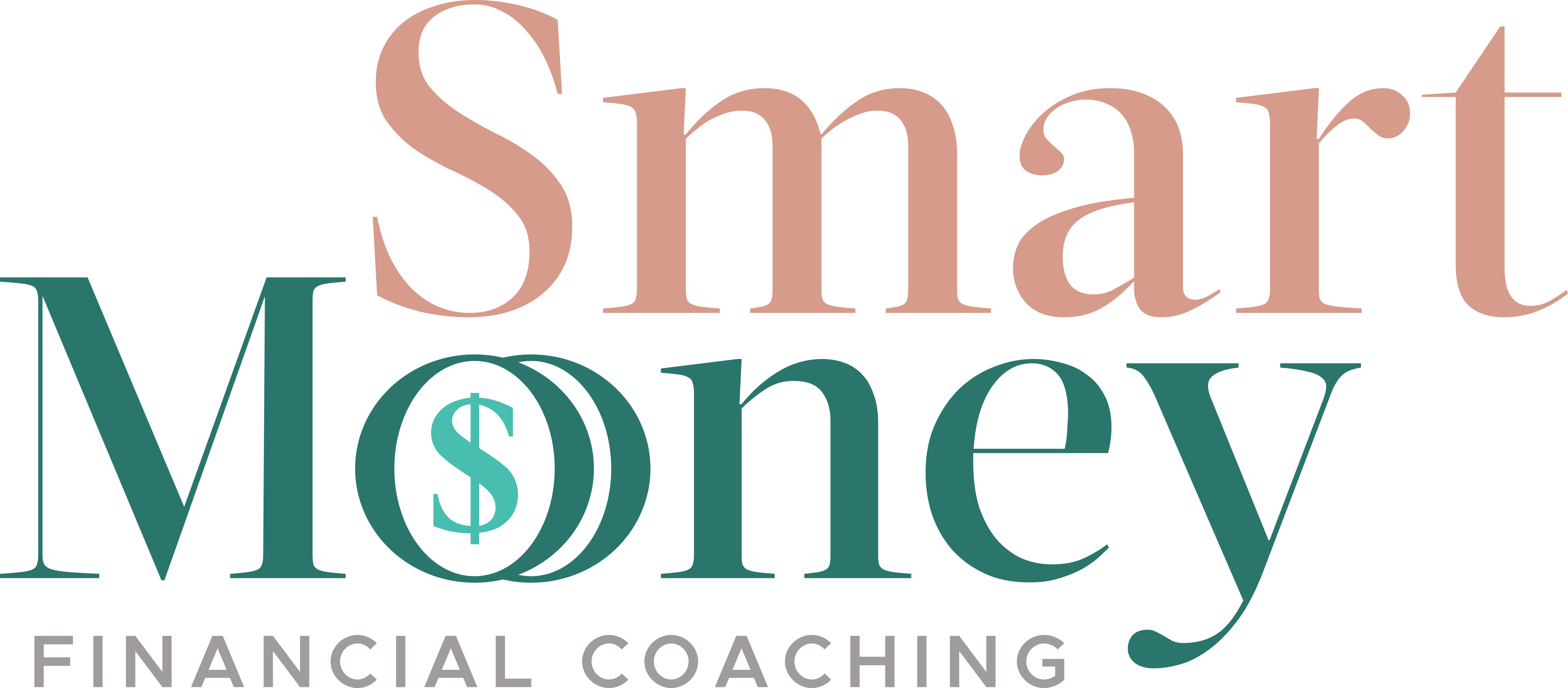It is this time of year when small business owners across the country hear from their accountants whether they will receive a refund (YAY!) or a bill (BOO!).
Actually, this is the *exact* time of year when I have started working with a number of my small business customers.
Simply put–they did not like getting that surprise bill, and they don’t want that experience again!
As you likely know, there have been a lot of changes to tax laws in recent years. With the pandemic and a new president, there have been a number of changes that require compliance from small business owners in the past 4 years.
So if you did receive a tax bill this year for your small business, here are four questions to ask yourself to prevent overpaying and sticker shock next year:
Are all of your business expenses included?
Make sure to keep detailed records of all of your expenses for your business. Many small business owners use programs like Quickbooks but can forget to include business expenses that were accidentally paid for out of their personal accounts. This could be a gift for an employee, printing fees, shipping services, and more. Make sure that if you purchase something for your business during the year you account for it in your financial reports.
Are you taking out all the available deductions?
Make sure that you are aware of all of the deductions that can reduce your tax implications. If you work from home, you may be able to deduct a portion of your rent, mortgage interest, property taxes, utilities, and other expenses related to your home office. You can also include your mobile phone, vehicle expenses, retirement contributions, health insurance premiums, work travel expenses, professional fees, training expenses and much more!
Are you setting aside enough money each month to cover the tax burden?
When I work with small business owners, one of the first things we do is to study the previous year and compare it to the current year. This helps to get a rough estimate of how much money the business owner should be setting aside each month.
Should you consider switching to an S-Corp if you are currently on a Schedule C?
When small business owners reach a certain threshold of income for the business, we will often look at the structure of the current business to ensure that it is still the best strategy for the client. If you are at the point where an S-Corp makes sense, this change could reduce your tax burden, and reduce your personal liability for the business.
If it isn’t totally clear from this message, I love small business finances (!!) just as much as I love personal finances. If your business is growing, and you need a trusted advisor to help you navigate the money-side of your business, let’s chat!
Simply schedule a complimentary session HERE, and I am happy to share more details.








